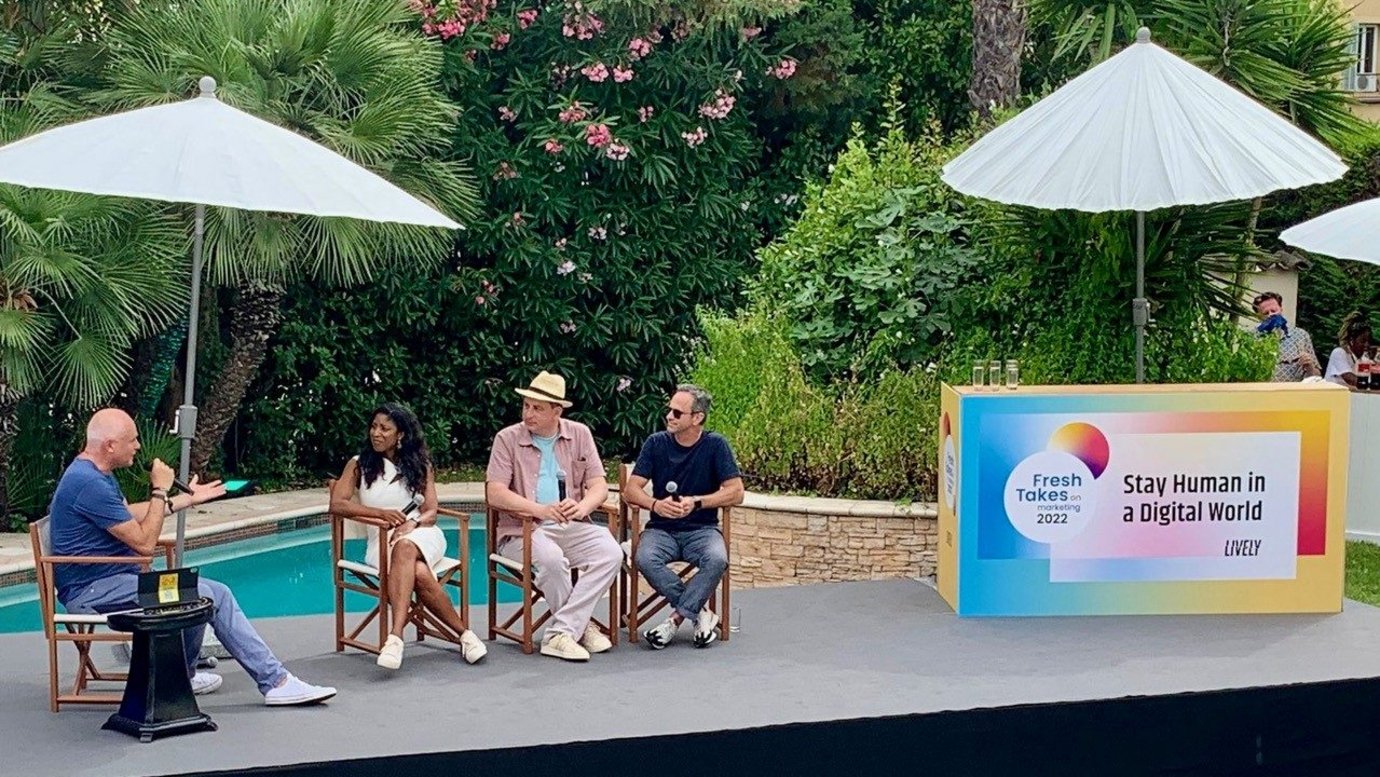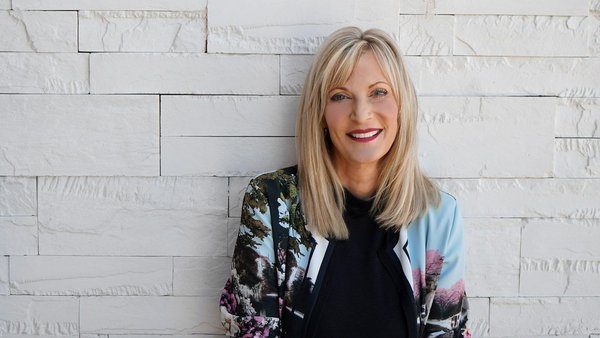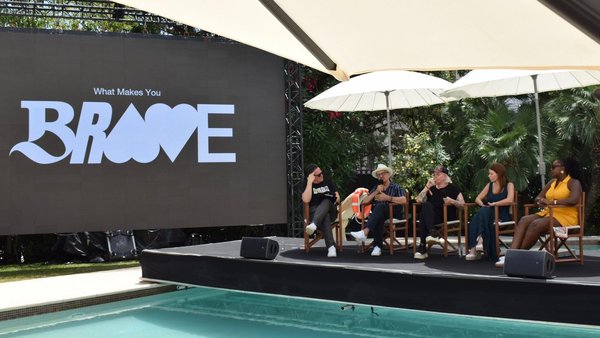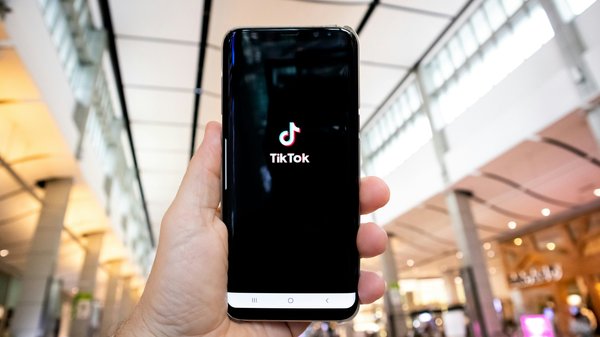Promoted content
Staying human in a digital world /
From data to brand building, marketing must become more human in a tech-driven future

The future of marketing and advertising is more human, according to Mike White, the CEO and founder of Lively, the global brand experience agency.
As technology continues to encroach on every aspect of our lives, the way for brands to make the most impact on consumers is to deliver a human connection.
And the best way to do that, argued White, is for brands to participate with audiences, rather than broadcast at them, by producing content (as opposed to ads), experiences (as opposed to activations) building communities (rather than social media posts).
Stay close to the centre of culture /
White was speaking at the Contagious Villa in Cannes on 21 June, where he was hosting a panel discussion on how to Stay Human in a Digital world with speakers from Logitech, Wunderman Thompson and VICE Media Group.
He began by asking the global CMO at Logitech, Najoh Tita-Reid, about taking her company from product marketing to creating a Super Bowl ad then moving to hosting an awards show for social media creators within Roblox.
‘The journey that I've had,’ said Tita-Reid, ‘it's really just the journey that marketing is taking. You cannot stand still. If you want to be relevant in marketing, then you've got to continue to evolve and try new things and test and learn.’
Tita-Reid said that while Logitech always provided amazing products, people didn’t know what the brand stood for, and so within her role as CMO, she has worked to create meaningful connections through brand campaigns, such as Defy Logic, with Lil Nas X and Lizzo.
‘Everything we're doing is trying to get closer and closer to the centre of culture,’ said Tita-Reid, adding that she was able to achieve a large amount of progress in a short amount of time, in part, because she had the support of her CEO.
‘Having a supportive CEO who understood the value of marketing and was willing to take a bet and lean forward [...] to try something new [...] that's how we got to the meaningful platform of Defy Logic.
Use data to become more human /
Jason Carmel, the Global Lead of Wunderman Thompson’s Creative Data Group, was on the panel to discuss how the use of data within marketing is evolving to become more human.
‘What I think we are experiencing now and what I'm excited for is this correction of being able to use data to connect with people much more authentically, instead of assuming that there's something that I can rip from you and use without your knowledge to then give you things that you probably only marginally care about,’ said Carmel. ‘It's instead giving people an idea, an experience, a piece of content that they are excited about, and then having them excited to tell you stuff. That's a really good expression of a relationship, when both people are talking and it feels like give-and-take. To me that's how data should work.’
Asked how he would educate clients on the shift to more responsible and more human data use, Carmel said clients ‘need to understand what their problems are’ and what they hope to learn about people before launching an expensive data-mining project.
‘I think then everyone would be a lot happier,’ said Carmel. ‘The brands would learn a lot more about the customers, and customers wouldn’t feel so exploited, and the data people would honestly be happier.’
Reinvent yourself to survive /
VICE Media Group and Virtue’s CCO, Chris Garbutt, responding to a question about how creative processes have changed, described the industry as being ‘right on the edge of a new chapter’.
The pandemic, he said, had ‘accelerated change to the point where ‘if you don't reinvent the way you work as a marketer to connect with the audience, you're going to be skipped, scrolled , left behind or canceled.
‘We believe at Virtue [the creative agency powered by VICE] and Vice that the future of brand building is in communities, and understanding – through the use of data and social listening and all our cultural insights – what's important to those audiences, what motivates them, what they need help with, what drives them, what they value, what they engage with – and then embedding the brand in pockets of those communities, and actually collaborating with them.’
Conclusions: blockchain, creativity and inclusion /
Closing the session, White asked the panel members what their predictions were for the next couple of years.
Carmel admitted he hated making predictions but said that, while people will become more wary of decentralised finance in the wake of the cryptocurrency crash, the underlying blockchain technology is still ‘so ripe for innovation’ and that the ‘companies that get involved in that earlier are going to find themselves with a massive advantage.’
Tita-Reid suggested that creativity would play a larger role than it had over the past 10 years because the younger generation is ‘so unbelievably inundated with data that, if you do not deliver great creative, you will not be able to stand out [...] and you won’t be relevant.’
And Garbutt finished by saying that he believes technology will enable people to make even stronger connections with each other, driving inclusion and equity, and ‘brands that lean in and actually give their communities the platform to express themselves, to be who they are, are going to be the ones that win.’
Watch the video on-demand, speaker voxpops and highlights on Lively’s Fresh Takes virtual platform. Register now to watch FRESH TAKES or use your personal magic link if you’ve already registered.
Want more of the same? /
We don’t just write about best-in-class campaigns, interviews and trends. Our Members also receive access to briefings, online training, webinars, live events and much more.




